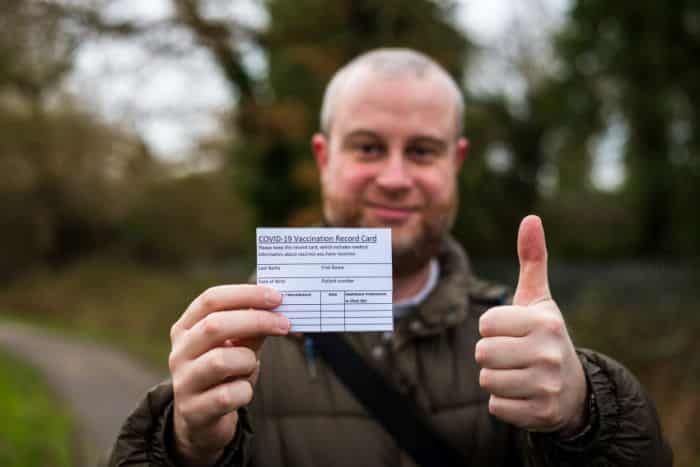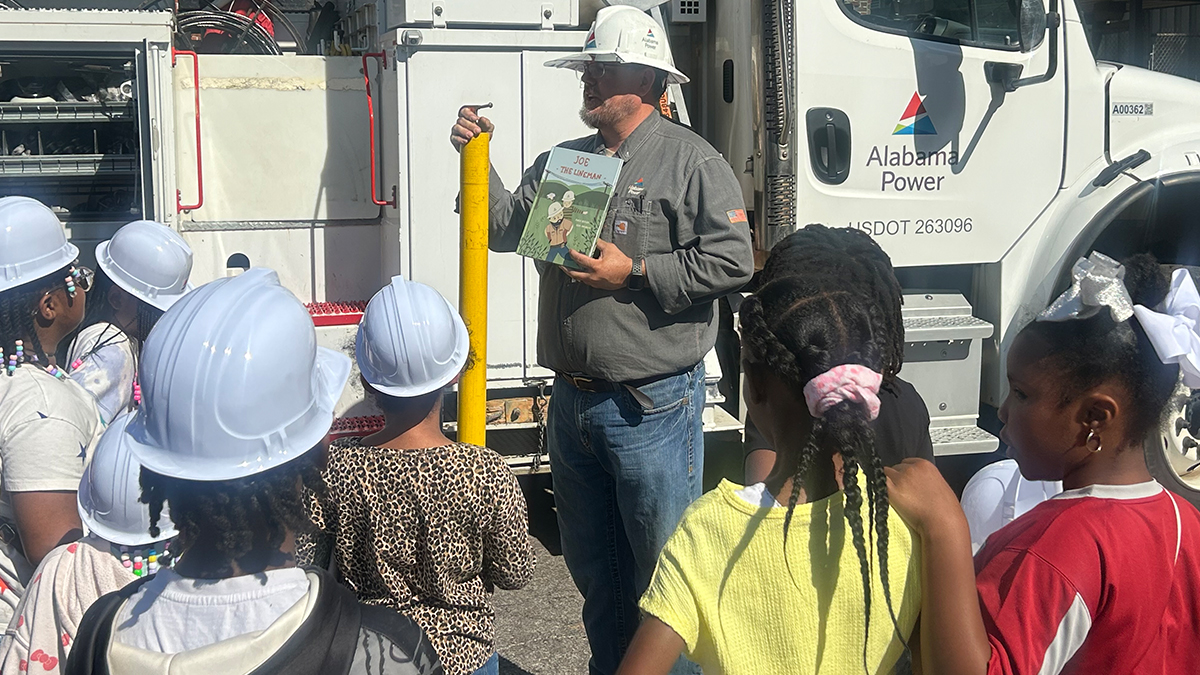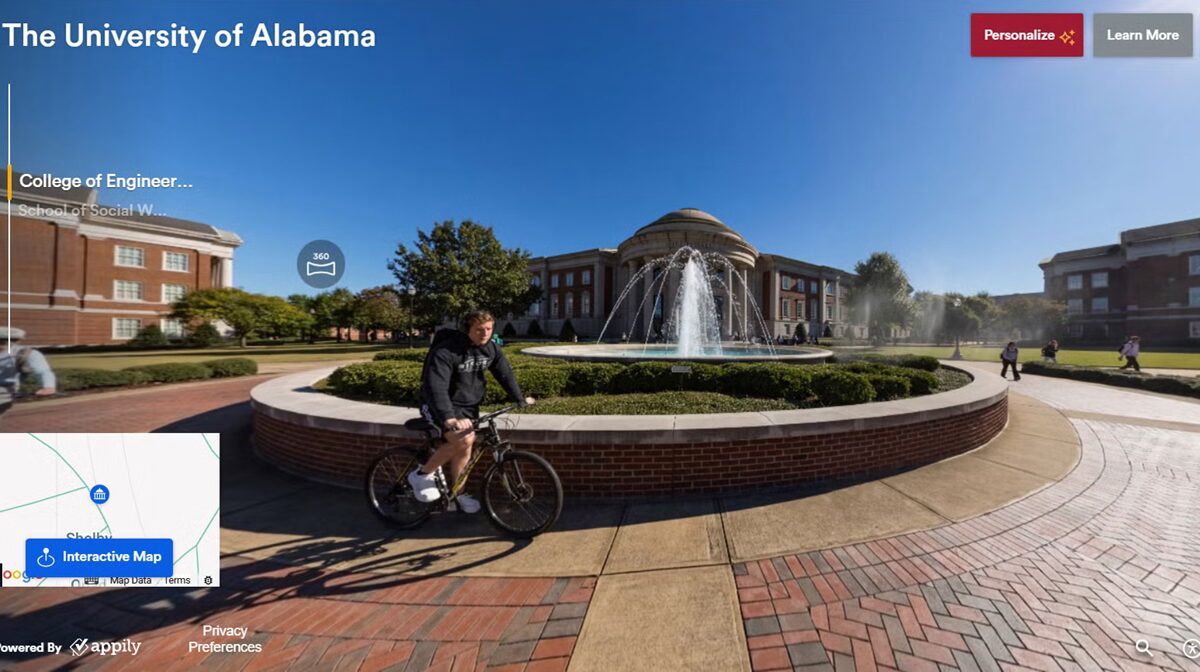Health officer of Alabama’s largest county says COVID-19 war rages on

Jefferson County Health Officer Dr. Mark Wilson said the COVID-19 pandemic is far from over and urges the public to vaccinate, continue to wear masks and take other precautions. (file)
Dr. Mark Wilson has two pieces of advice for avoiding COVID-19: Continue to get vaccinated and be careful.
“This has been a big war with an all-out effort, but the war’s not over yet,” Wilson said during National Public Health Week.
While Alabama’s statewide mask ordinance expires Friday at 5 p.m., Jefferson County’s health officer joins with Gov. Kay Ivey in strongly recommending that residents continue to use face masks in public and private gatherings.
With COVID-19 cases at a relatively low number, Ivey and Wilson continue to ask the public for cooperation. Preventing the spread of the virus also prevents it from mutating.
“The only safe thing where you’re gathering and being close to people is when all of you have been vaccinated,” he said.
Looking back on the past year, Wilson praised JCDH employees for their great work focusing on pandemic response, with help from hospitals, the UAB School of Public Health, nonprofits and others. Wilson honored the Alabama Emergency Management Agency this year with the Public Health Champion award.
He is concerned that the state and country haven’t yet overcome the COVID-19 crisis, pointing out that many states in the Upper Midwest and the Northeast are experiencing surges, with increases in cases and hospitalizations. Wilson said Alabama is in a race to outpace the surge of COVID-19 variants. While the vaccines will greatly help to curb the state’s COVID-19 cases, evidence shows some of the vaccines don’t mount as strong an antibody defense against the variants.
“We’re not out of this yet,” Wilson said. “Some of these variant strains are putting more people, say, in their 30s and 40s, in the hospital, which is quite concerning. There’s a good chance we could have another surge here in Alabama, when it’s just our turn. This pandemic has tended to go in waves or surges that hit different regions of the country at different times. That can easily happen here.”

Vaccinations will be key to ending the pandemic, Jefferson County Health Officer Dr. Mark Wilson said. (Getty Images)
About 35 percent of Jefferson County residents have received at least one dose of vaccine against COVID-19.
“We are very encouraged by the number of people that have been vaccinated, we’re very encouraged that we now have a really good supply and that, really, anybody 16 and over that wants to be vaccinated should be able to get vaccinated very soon,” Wilson said, noting that availability of vaccine appointments has greatly increased. “That is just so much better than where we were before, I’m extremely encouraged and it’s just wonderful to be in this position right now.”
While the JCDH was initially concerned about vaccine hesitancy in minority groups, there hasn’t been as much of a problem as initially feared. Wilson credits the JCDH and partners in the medical community for education and making sure people are well informed, including outreach to church pastors and groups in minority communities, which helped encourage people to get vaccinated. However, he’s concerned about the hesitancy among younger white men against taking the vaccine, which Wilson attributes to misinformation.
“We’re very open to having conversations with anyone who has any concerns or questions about vaccines,” Wilson said. “We’re not here to twist arms, but we really want people to be well-informed and make good decisions.”
Noting that this is not only a decision for one’s individual health – though the unprotected could become very sick and could die – Wilson said those actions affect everyone.
“It’s also about us,” he said. “Again, like everything else in this pandemic, you need to do your part to get vaccinated so all of us can get back to normal as soon as possible.”
No ‘V Day’ yet
Despite the decrease in Alabama’s COVID-19 cases, Wilson isn’t ready to declare “Victory Day.”
He expects normalcy to come in phases, such as reducing restrictions on businesses and recommendations about wearing face masks. Unlike some other parts of the country, Alabama’s students returned to school fairly early on with face masks, whose use Wilson considered successful. The past two weeks, Wilson has discussed with school superintendents continuing face-mask use, which has been agreed upon through the end of the school year.
Wilson expects vaccination to continue to be voluntary and not required for school this fall.
“At this point, I’m really hopeful that we can start back with a normal school reopening, and that will be a great milestone to meet, if we can really get folks vaccinated and have vaccine available for children over the summer,” he said. “That will be a big one, in my view.”
Alabama youngsters’ vaccination rate is above 90% for childhood diseases such as measles and polio, but COVID-19 vaccines aren’t mandated for children. However, Wilson recommends that parents get their children vaccinated to assist in getting the overall disease under control, though the shots aren’t required for school attendance.
In some other parts of the county, there’s evidence the spread is occurring through children more than before, because the variants are much more contagious. Wilson thinks it will be more important for children to get vaccinated as part of the overall effort to overcome COVID-19 as a community. He urges people to continue to get vaccinated and be careful.
“This pandemic is a little bit different, in that we’re trying to get an overall disease under control,” he said. “We are not specifically targeting any group at this point. If anybody wants to get vaccinated, get vaccinated. It’s a great place to be. We’re not targeting anymore, other than just saying, ‘Come on and get it done.’”





